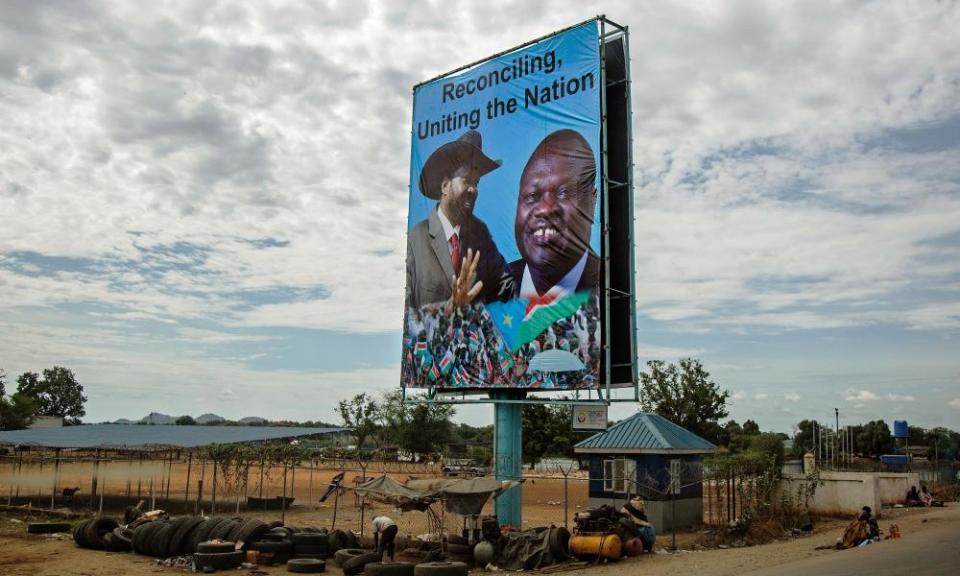Ethnic tensions rise in Uganda as World Cup row leaves four refugees dead

Ugandan officials have begun segregating refugees after a rise in ethnic tensions led to the deaths of four South Sudanese, including a teenager.
Security agencies have been heavily deployed in northern Uganda’s refugee settlements, home to more than 1 million people, in response to unrest between the warring ethnic groups that have fled conflict in South Sudan.
Three men and 13-year-old boy were killed and a further19 injured in a fight that erupted during a disagreement over a seat as South Sudanese refugees watched football in a video hall in a camp in Uganda’s north-western Arua region. The dead and injured were all members of the Dinka community, the tribe of incumbent President Salva Kiir, who became involved in a clash with Nuer tribesmen loyal to rebel leader Riek Machar.
According to Josephine Angucia, the West Nile regional police spokesperson, the quarrel began during Sunday’s World Cup match between Brazil and Switzerland and quickly exploded into violence.
After the deaths of Thon Majok, 18, his 50 year-old father, Mabok Jimak, John Mayang, 13, and Aleu Anei Aleu, 32, the warring factions have been mobilising for counter and revenge attacks, said Angucia.
“The two communities are generally in fear and are anticipating revenge attacks,” she said. “Officials are relocating the two groups to separate camps so as to prevent further clashes.”
The civil war that broke out in December 2013, leaving tens of thousands of people dead and nearly 4 million displaced, is between government troops loyal to President Kiir, most of whom are Dinka, and Nuer soldiers, reinforced by poorly armed civilian militia.
Teresa Ongaro, regional spokeswoman for the UN High Commissioner for Refugees, described the clashes as regrettable.
“We regret the loss of lives. This is a security matter. We are working with the national authorities to establish the facts of what happened and how to deal with it,” said Ongaro.
Hillary Onek, Uganda’s minister for refugees said: “We don’t accept such barbaric behaviours. We condemn it in the strongest possible terms.
“Police have been working hard to defuse those clashes in the settlements, together with our people from the ministry.
“Maybe we haven’t done enough psychosocial programmes on the ground to calm down the situation and harmonise the relationship between them.
“I know in their country they are fighting and killing each other all the time. It’s a routine for them. In their country, they are always at war with each other. We can’t accept it here.”
“They need to begin to accept each other and maybe, by the time they go back to their country, they would have reduced the level of tension and violence to live together.”

 Yahoo News
Yahoo News 